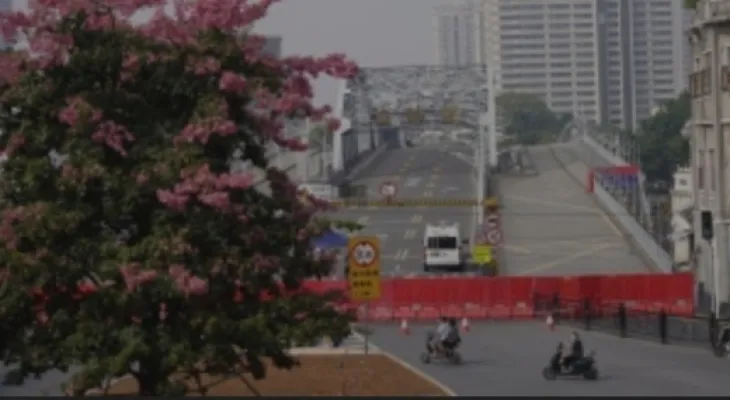Search here
Newspaper
Search here

Arab Canada News
News

Published: November 11, 2022
Travelers arriving in China will spend less time in quarantine under changes to comprehensive virus control measures announced Friday to reduce disruptions to the economy and society.
The announcement came as a rise in COVID-19 cases prompted Beijing to close parks and impose other restrictions. The country reported 10,729 new cases, and more than 5 million people were confined to their homes in the southern manufacturing hub of Guangzhou and the greater western city of Chongqing.
With the majority of Beijing's 21 million residents undergoing nearly daily testing, 118 more cases were recorded in the sprawling city. Many schools shifted to online classes, hospitals limited services, and some shops and restaurants closed with staff sent into quarantine. Videos on social media also showed people in some areas protesting or clashing with police and health workers.
Food service worker Yang Cheng, 39, said, "It has become normal, just like eating and sleeping. I think the most affected are the children because they need to go to school." Ying Yang, who works in marketing, said testing every 24 to 48 hours is "annoying."
Ying added that family trips outside Beijing could be difficult if the mandatory smartphone app that tracks virus test status and location does not show the green code allowing a return to the Chinese capital.
Many villages on the outskirts of the capital are home to blue-collar workers whose labor keeps the city running, and many live in residential communities. Taxi and ride-share drivers said they avoid those areas to prevent being quarantined themselves.
Lockdowns in Guangzhou and elsewhere were due to end by Sunday, but authorities repeatedly extended the restrictions without explanation. Chinese leaders had promised on Thursday to respond to public frustration with the strict "zero COVID" strategy that confined millions to their homes and severely disrupted the economy.
According to a notice from the State Council, China's cabinet, arriving passengers will only be quarantined for five days—rather than the previous seven—in a designated place, followed by three days of isolation at home. It was not immediately clear when or where the rules would take effect or whether they would apply to both foreigners and Chinese citizens. Relaxed standards will also apply to foreign businesspeople and athletes, apparently marking a gradual move toward normalization.
Additionally, regulations stated that airlines will no longer face the threat of a two-week flight suspension if five or more passengers test positive, which could significantly increase seat availability on such flights that have seen numbers reduced and prices rise since restrictions were imposed. The rules said travelers to China will only need to show one negative virus test within 48 hours of travel. Previously, two tests were required within that time frame.
Comments